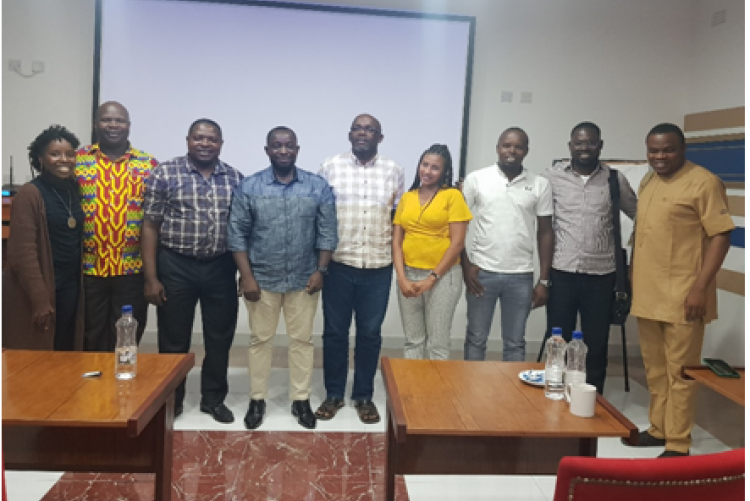At COP26 held on 31 October – 13 November 2021in Glasgow, Scotland, nations adopted the Glasgow Climate Pact, aiming to turn the 2020s into a decade of climate action and support. The package of decisions consists of a range of agreed items, including strengthened efforts to build resilience to climate change, to curb greenhouse gas emissions and to provide the necessary finance for both.
Through paragraph 59, the agreement “invites Parties to submit views on how to enhance climate action on land under the existing UNFCCC programmes and activities set out in paragraph 75 of the report on the dialogue on the relationship between land and climate change adaptation related matters, and requests the Chair of the Subsidiary Body for Scientific and Technological Advice (SBSTA) to prepare an informal summary for consideration at COP27.
It is against this background that the Government of the Republic of Zambia and the African Union Development Agency (AUDA-NEPAD) in collaboration with the African Group of Negotiators Experts Support (AGNES), Oppenheimer and Konrad Adenauer Stiftung (KAS) conveneda meeting of experts and negotiators to draft a common African position and prepare African Group of Negotiators (AGN) submission on how to enhance climate action on land pursuant to the Glasgow Climate Pact, paragraph 59.
Dr. Oliver Vivian Wasonga, Department of Land Resource and Agricultural Technology, University of Nairobi was among Experts and African Group of Negotiators nominated to participate in the drafting of the common African position during the one-week long meeting in Livingstone, Zambia.The meeting was held on March 30– April 1, 2022 at the New Fairmount Hotel & Casino, in Livingstone, Zambia. The objectives of the workshop were to:
a) Deepen understanding on the relationship between land and climate change mitigation and adaptation in Africa and identify key highlights.
b) Identify leading examples of actions that meet climate action objectives as well as other environmental co-benefits.
c) Prepare a common African position and AGN submission on how to enhance climate action on land.
- Log in to post comments

